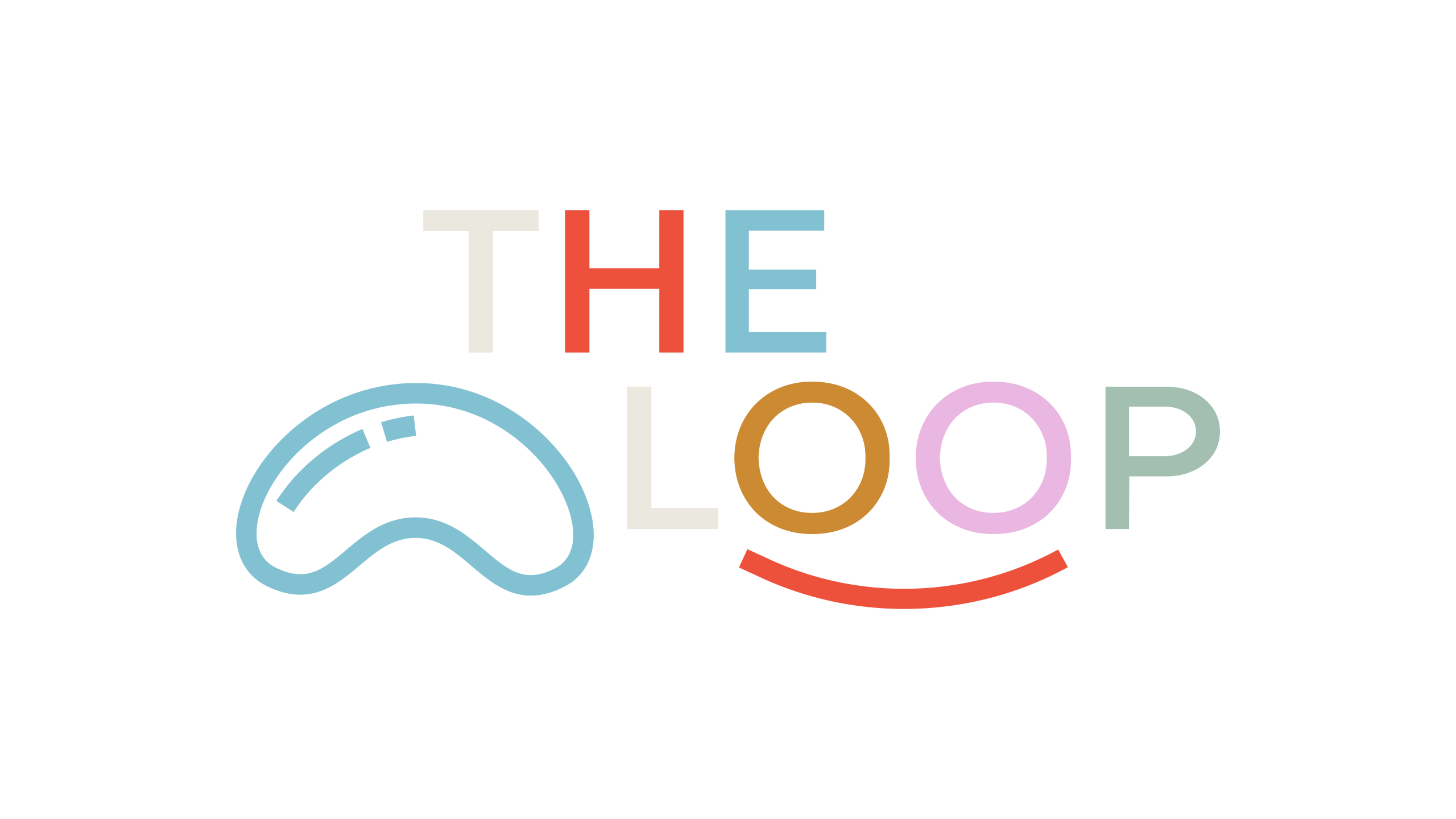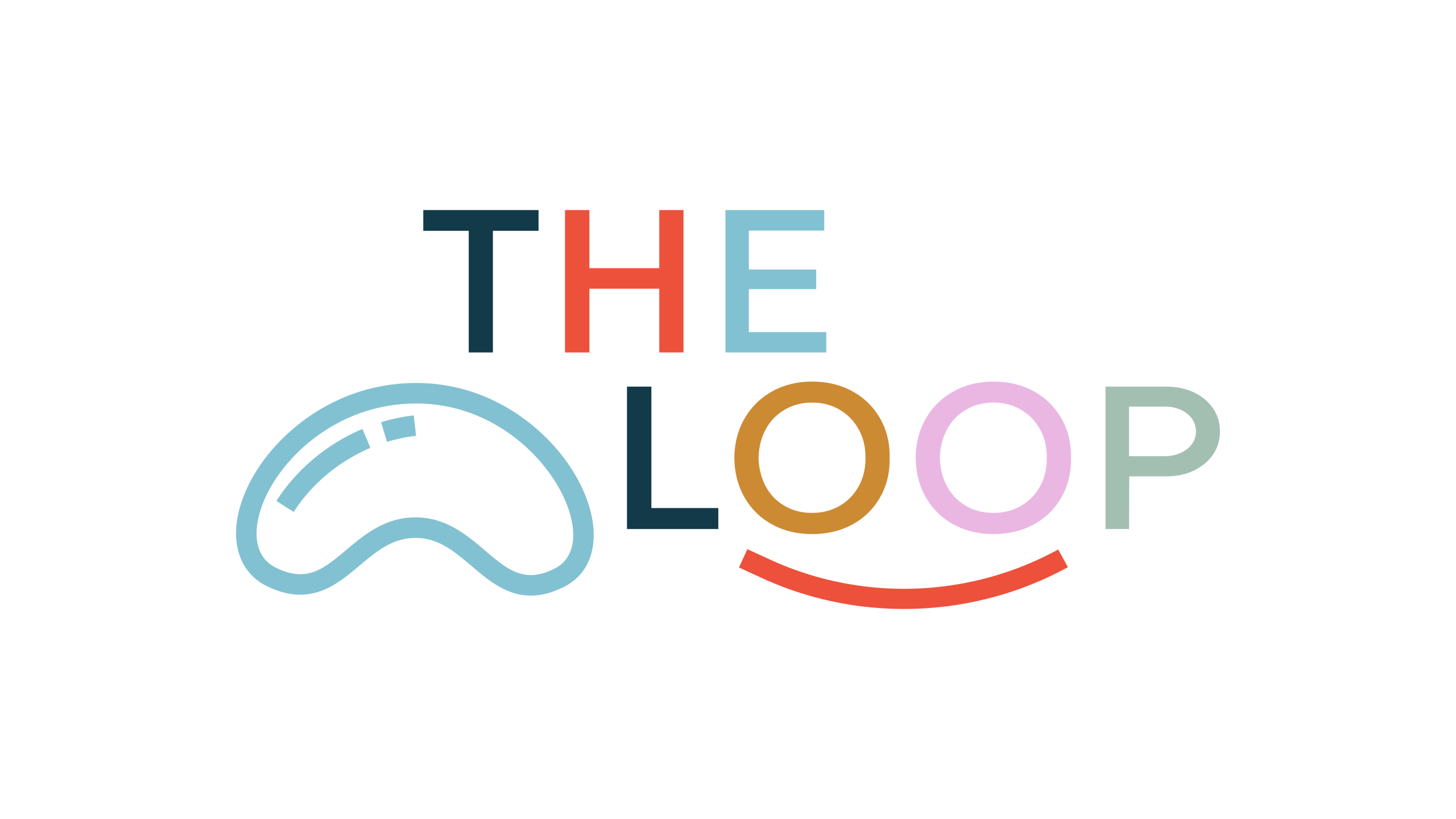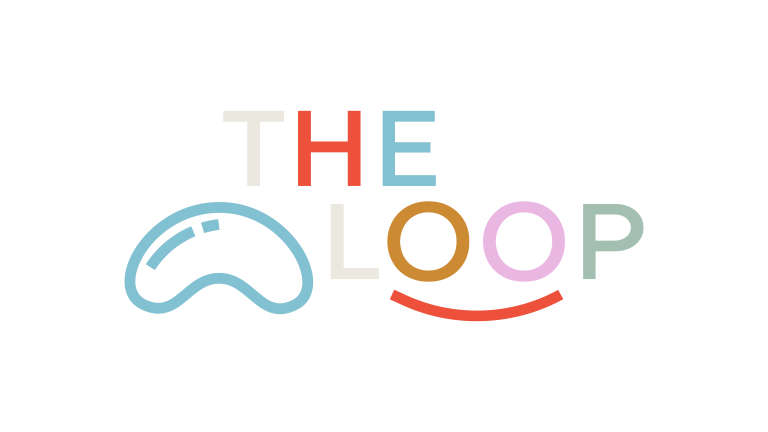
On the surface, understanding what you hear seems simple and straightforward.
But it’s not.
In truth, processing what we hear so we can make sense of it is a highly complex undertaking, involving major parts of your brain as well as your ears.
You probably take your ability to immediately transform sounds into meaning for granted. People with normal auditory systems usually do, because this process is so seamless and works behind the scenes—below the level of your conscious awareness.
But what if the process wasn’t so fluid and easy?
Imagine for a moment that it’s the brain, not the ears, having trouble hearing.
This is essentially what happens when you live with auditory processing disorder.
How can that be possible, you may ask?
Just like the popular children’s game of Telephone, what the ears hear can get jumbled up once it reaches the brain to be interpreted and understood.
Instead of clarity and cohesion, the message gets tangled and disordered. By the time it reaches the receiver—it’s been transformed from its original, intended version.
Unlike Telephone—this issue isn’t fun and games for the person experiencing it.
This article will explore auditory processing disorder, with the goal of helping you to better understand this condition, as well as what can be done to address and treat it when it occurs.
Let’s start by exploring a bit about how you process what you hear.
What is auditory processing?
Auditory processing is your brain’s ability to make sense of the sounds your ears hear.
Did you know—understanding what’s said to you not only involves hearing—it also requires your brain to make sense of what it takes in?
This is the core of auditory processing disorder (APD), or central auditory processing disorder (CAPD) as it’s also sometimes called.
When you have APD, a spoken message gets received by your ears and sent to your brain, but along the way it gets mixed up. So it doesn't arrive in the same condition in which it was sent.
The result is—you fail to fully understand the message.
It’s easy to see how this can cause major issues with communication. When people struggle to make sense of what they hear—it stands to reason they’re confused and unable to act upon or accurately respond to what’s being asked of them.
These issues can seriously impact a child’s learning abilities, as well as every aspect of their life. Kids with APD often experience difficulties with—
Remembering what they hear
Understanding what’s said to them
Tracking the order of sounds or numbers spoken
Focusing and filtering out background sounds
APD can also be tricky to diagnose, because it doesn't present the same way in every person who has it.
But what ARE auditory processing skills, anyway?
Let’s break down some crucial skills under this umbrella, so you can understand what can happen when issues arise. Your auditory processing skills include—
Auditory discrimiation—this involves our ability to hear and distinguish sounds in spoken language. In school, kids learn auditory discrimiation skills as part of their emergent literacy education. Think tasks like—separating sounds and syllables from whole words, and identifying and making rhymes. Remember the song, Bingo? That’s all about auditory discrimiation skills.
Auditory memory—ever get a song stuck in your head? Even if you’ve only heard it ONE time?! You’ve got your auditory memory to thank. You use this to remember songs, rhymes, and quotes. It’s your ability to remember what you hear.
Auditory sequencing—This comes in handy for remembering items on a list, recalling and following directions, and accurately hearing words and numbers when they’re spoken. It’s your ability to order the sounds you hear.
Auditory attention—Your brain needs to focus on what’s important. In your auditory system, it acts partly as a filter, tuning out what’s unnecessary. If you go to a crowded concert, you’ll use this to listen in, while tuning out other voices and noise.
Now that you’ve got a sense of your auditory processing skills at work, let’s examine some of the common signs and symptoms of auditory processing disorder in children. This will help you recognize these issues if they’re present in your child.
How does auditory processing disorder show up in children?
When issues arise with our auditory processing systems, they can present in many ways.
Your child with APD may even be listening intently, but their brain is not able to accurately process what they hear.
Children with auditory processing disorder often experience difficulties with—
Recalling details of what they’ve heard
Remembering nursery rhymes and songs
Understanding things the first time they’re said
Learning to read and spell
Following conversations between multiple people
Picking up on vocal inflection and tone
Understanding and following spoken directions
Rhyming
Discriminating and manipulating word parts
Interacting in noisy environments
Correctly hearing similar-sounding words
If you’ve noticed some of the above issues in your child and are concerned—auditory processing disorder may be the cause.
But, before you jump to a conclusion— these symptoms also occur in other speech and language disorders. So, how do you know if your child is dealing with APD or another issue—like dyslexia, or ADHD?
This is where it’s helpful to have professionals in your corner to help your child get differentially diagnosed and treated for the issues they’re experiencing.
Let’s take a look at how APD is assessed and treated, as well as who’s involved in this process.
How is auditory processing disorder diagnosed and treated?
Now that you’ve learned about how your brain processes what it hears and what can go wrong when there are issues present—you’re probably wondering what can be done to help people who experience these difficulties?
How can disordered auditory processing be assessed and targeted?
Due to the complexity of auditory processing disorder, it often requires a team effort to diagnose and treat. Professionals involved in this process may include—
An audiologist—this hearing specialist can perform necessary auditory screenings
A speech-language pathologist (SLP)—to assess language and communication skills and develop and deliver treatment if warranted
Your child’s healthcare provider—to provide additional assistance and support
A psychologist—to assess cognition and other relevant contributing factors
Your child’s teacher—to offer feedback on any classroom challenges
YOU—as an expert on your child, you’re a crucial member of your child’s team
In general, children with APD aren’t typically diagnosed prior to age seven. As many speech, language, cognitive, and auditory skills are still developing up to that time, it’s more difficult to detect issues until a child reaches school age.
At The Loop, our skilled therapists are highly trained in conducting thorough evaluations to assess the presence and severity of issues like auditory processing disorder.
A formal diagnosis is an important step in securing your child the supports and services they need to succeed and thrive in their educational experience. At The Loop, we’d never reduce a child to their diagnosis, but we understand the value a diagnosis has in the system we have.
Your child has a right to receive the customized, comprehensive services they deserve to reach their full potential. A diagnosis ensures they’ll get the help they need.
Once a diagnosis is made through a thorough assessment—targeted treatment can begin.
Our Loop therapists are experts at tailoring each therapy plan they create to suit each individual child we serve. We’ll fold your child’s likes and preferences into our sessions, to keep them engaged and motivated, throughout their time with us.
While our treatments are never one-size-fits-all, there are some common themes in treating APD in the children who experience it.
Environmental modifications—setting your child up for success by making adjustments to their surroundings (both in school at at home)
Compensatory strategies—to help your child counteract processing issues with the use of cues, visual aids, and other supports
Auditory training—teaching your child to improve their focus, listening, and ability to analyze what they hear
Your child’s teacher will be involved in therapy, to discuss and implement any necessary classroom modifications and accommodations, designed to support your child throughout their school day.
You’ll also be involved—in whatever capacity you can be. We know how important parental involvement is for your child’s outcomes in therapy, so you’re always a welcome partner in our plan to support your child in therapy.
Working as a team, we’ll ensure your child has access to whatever they need to help overcome any obstacles to enjoying a full, vibrant educational experience.
Want to know more? Stay in the Loop by following us on your fav social platform @TheLoopSLL, keeping an eye on our website for updates and new content, and reaching out with your questions directly info@theloopsll.com. We love hearing from you!


